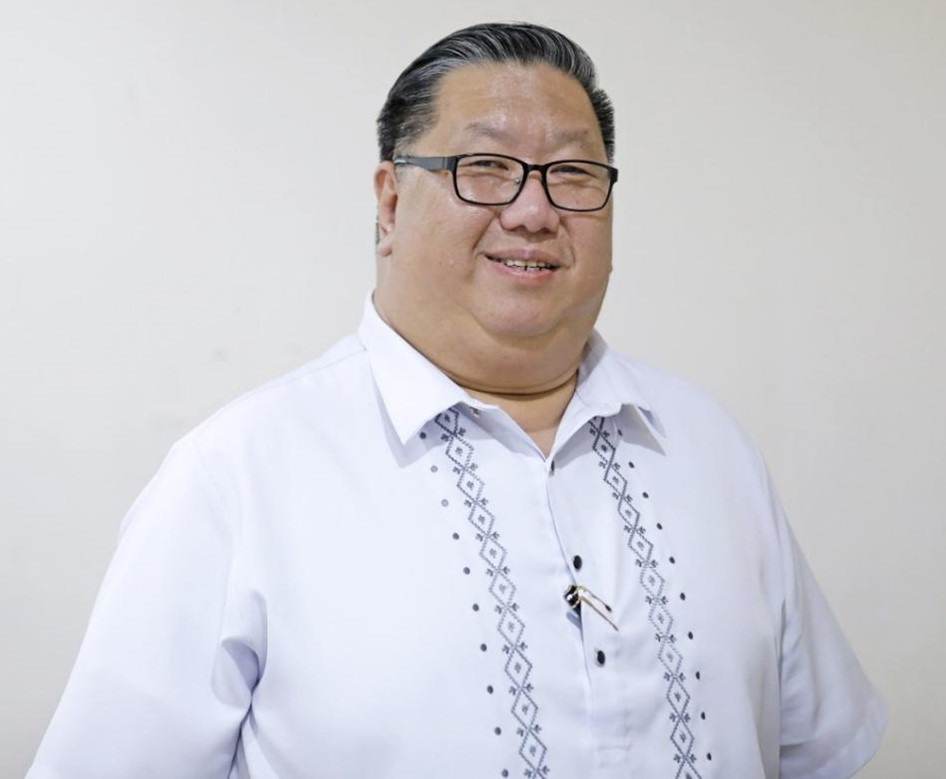FRESH VIEWPOINTS: A NEW PERSPECTIVE
By Brian James Lu
Peace toward attaining national development
Share
“Peace cannot be kept by force; it can only be achieved by understanding," said Albert Einstein, one of the greatest and most influential scientists of all time.
The voice of Einstein kept ringing in my ears when I participated in the National Peace Advocates Summit last week at the Hive Hotel and Convention Place in Quezon City. The summit, led by the Political Officers League of the Philippines (PolPhil), gathered more than 250 people from various sectors, including former rebels and soldiers. I was there to represent the business sector and understand the issues surrounding the illusiveness of peace in our country.
The summit aims to widen public support for the ongoing peace negotiations between the government and the National Democratic Front. It is a good political gesture for the current government to open negotiations with the NDF after peace negotiations failed in 2016. If both camps are talking, we can safely say that they are coming to an understanding, and perhaps peace will finally dawn in our land. Understanding each other may usher in peace in our country.
Philippine insurgency is rooted in the poor conditions of the people, especially in the countryside. The government continues to address these conditions, so Filipinos do not have any reason to rebel against their government. Programs to address poverty and unemployment continue to reach the broad masses of our people.
Civil society groups play a significant role in attaining peace. They can reach out to their constituents to support peace initiatives. No less than former Supreme Court Chief Justice Reynato Puno urged the summit participants to “take the position of the people and listen to their voice to have meaningful peace talks, the intervention of the people, their participation, and the inclusion of their agenda that affects the marginal sector of society.” There are thousands of civil society organizations in our country. Our innate values to form organizations to address sectoral concerns remain one of the positive facets of our community as a whole. And perhaps it is through these organizations that we may foster the camaraderie of peace that we need most in our communities.
Undoubtedly, we have the longest communist insurgency in the world. Insurgency means there is internal strife – a rebellion happening that pits fellow Filipinos against each other. The primary casualty, however, is peace. The absence of peace hinders the economic development of our nation. Peace and development go hand-in-hand. As peace is inclusive, so is development.
I was honored to read the statement of the National Economic Protectionism Association (NEPA) during the peace summit, and we emphasized that focus should be given to economic development to build a peaceful and prosperous Philippines. Prosperity in this sense means creating opportunities for every individual, their families, and their communities. A long-lasting peace should give full economic benefits to the citizenry and prosperity to all sectors.
NEPA was established in 1934 and is the oldest organization of its kind. It advocates protectionism for local development, economic nationalism, and patriotism. It believes in the development of local businesses using locally produced materials. Just like the experiences of developed countries, the development of local industries will spur employment and numerous economic opportunities for Filipinos. National development will propel the country to unprecedented new heights at various levels. Science and technology will develop, widening the prospects for our scientists and engineers in various fields.
The voice of the people must be heard in the quest for peace. Civil society organizations composed of different sectors can fill in the gaps. People’s demands usually consist of economic benefits since they are the most prevalent and immediate. But economic development is not the end of peace. There lies the importance of social development, which encompasses a wide range of issues, such as education, health care, gender equality, and community.
Just listening to the speakers at the peace summit sends shivers through my being, knowing that many of them have advocated social change in a very radical way. They have been there on the battlefield of ideology and politics. They have used the roughest method possible. But change is still wanted. Peace is still the aspiration of various sectors and the people, including former rebels and soldiers.
It is a good thing that personalities from different political spectrums are lending their hands to the quest for peace. There is hope for peace, as I saw the enthusiasm of the participants as they absorbed the input of various speakers. I realize that there is a need for more forums to discuss the aspirations of the people for peace and development.
I am hopeful that the peace advocates will continue to work to achieve their vision of peace. We need more advocates to make the people understand that peace is achievable if there is understanding from all those concerned.
Editor’s note: The opinions expressed in the foregoing article are solely the author’s and do not reflect the opinions and beliefs of the Philippine News Agency (PNA) or any other office under the Presidential Communications Office.
Comments
About the Columnist

BRIAN JAMES J. LU, MMgt, is an entrepreneur, business adviser, government consultant, and is deeply involve in civil society organizations. He advocates good governance, ethical business practices, and social responsibilities. He is the President of the National Economic Protectionism Association (NEPA) and Chairman of the Foundation for National Development (Fonad). His broad experiences in the private and public sectors give him a unique perspective to advance his advocacies.
